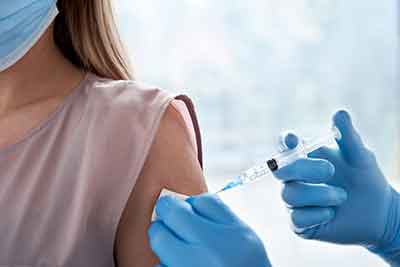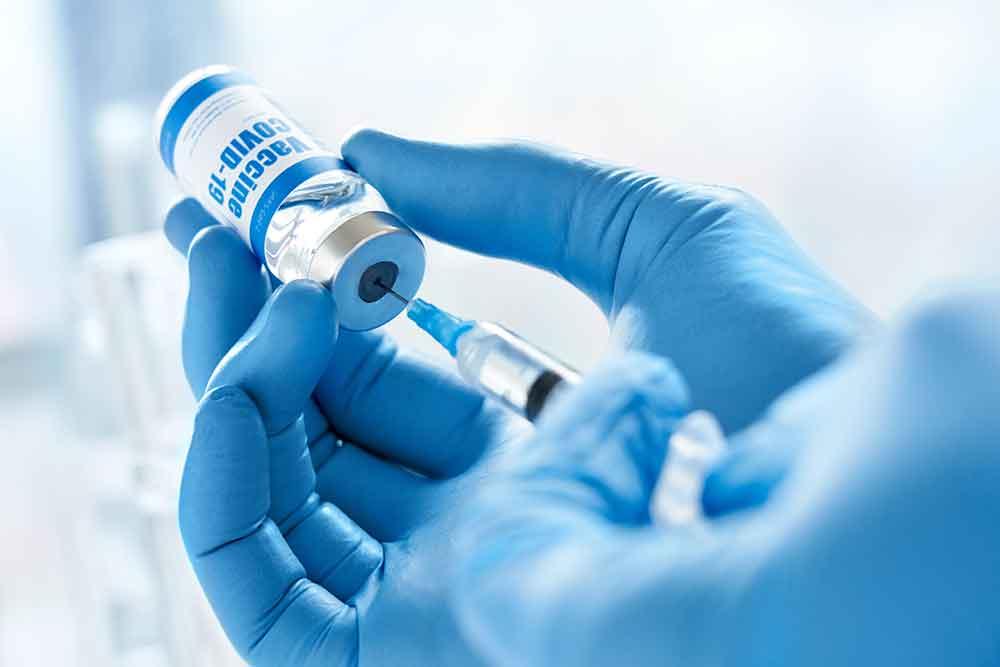Are COVID-19 Vaccines Safe?
1000 or 1? All reports on vaccine side effects should begin and end with these numbers.
For every one case of serious side effect caused by COVID-19 vaccination, more than 1000 lives are being saved.
With interest in vaccination in the US waning, and supply now greater than demand, this may be the pinnacle moment of this pandemic, and even our lifetimes, to set the record straight. The stakes may never be higher.
As an Emergency Medicine physician, I see patients every day who wish they had been vaccinated. Some tell me that they were against vaccines, but now that they have permanent lung damage they think otherwise.
They are victims of misinformation, spoken by irresponsible individuals who are not interested enough in your health. Instead, they are more interested in getting you amped up and coming back for more.
Universally, my patients (the victims) regret not doing the easy things like wearing masks, avoiding indoor gatherings, and getting vaccinated.

Which COVID-19 Vaccine is Better?
Which vaccine is better? “Get the first vaccine that is available to you.” This has been the guidance up until most recently.
At the time of this writing, it now appears that women under the age of 50 should choose the Moderna or Pfizer vaccines if available, as opposed to the one produced by Johnson and Johnson.
This detail alone, it seems, will reduce your chance of having a serious complication from vaccination to less than one in 1 million. See the Centers for Disease Control and Prevention (CDC) update on the J&J vaccine here.
Once again, 1000 or 1? If your voice, likes, and retweets could convince enough people to choose to vaccinate, versus not, would you rather save one case of serious side effect, or save 1000 lives?
Dr. Michael Sarabia, MD, FACEP, is an emergency medicine physician and Medical Director with SignatureCare Emergency Center. His educational background includes Stanford University and the University of Texas Medical School in Houston, TX, before completing his emergency medicine residency at the University of New Mexico. He is a lifetime Houstonian and has served his community dutifully for more than twenty years.









